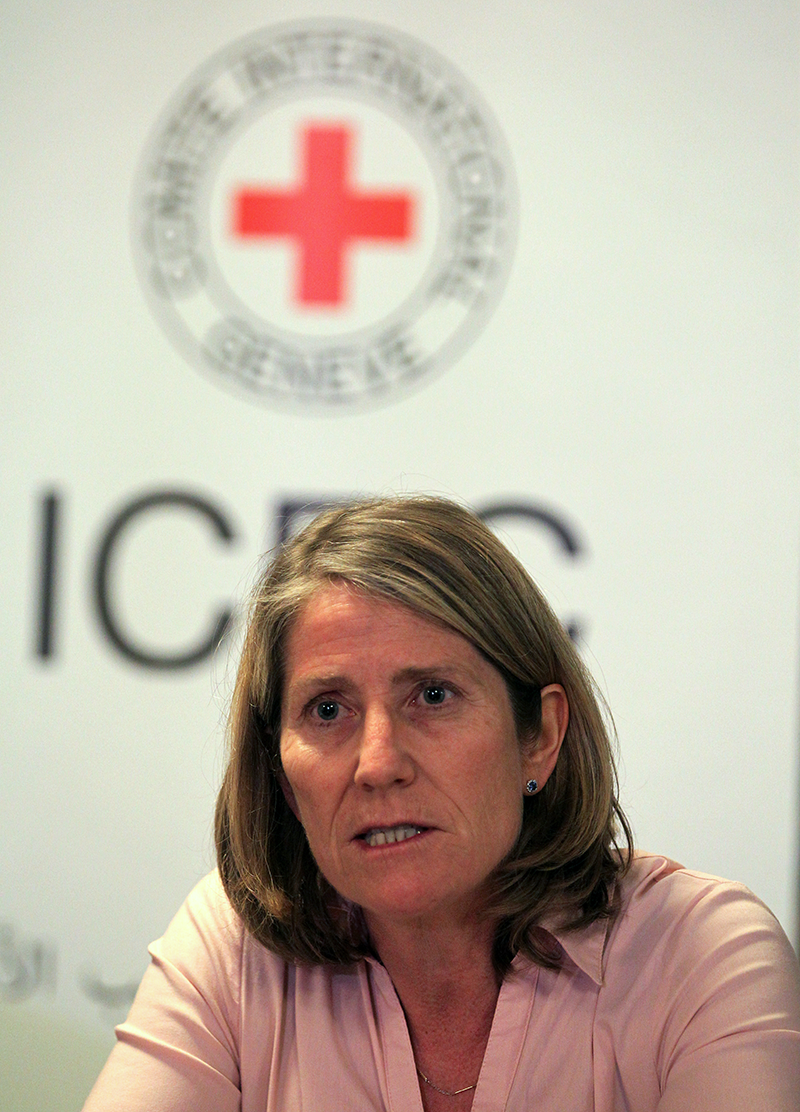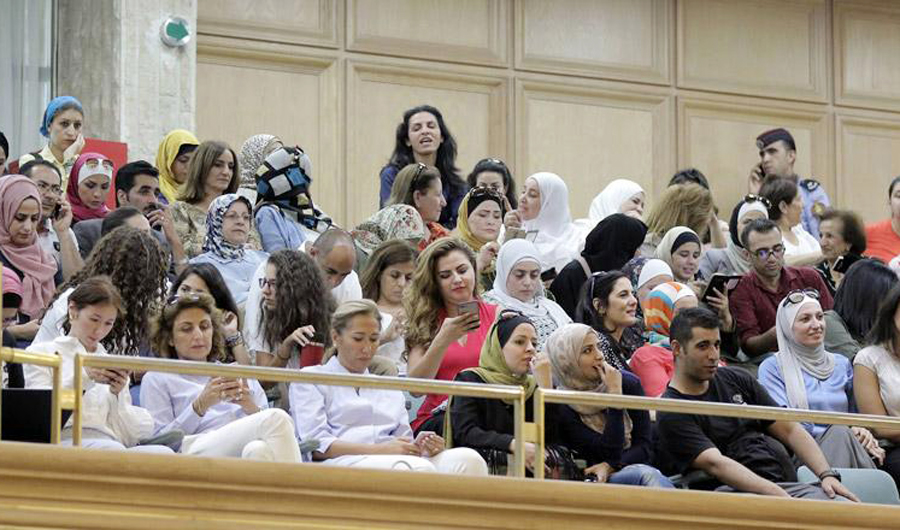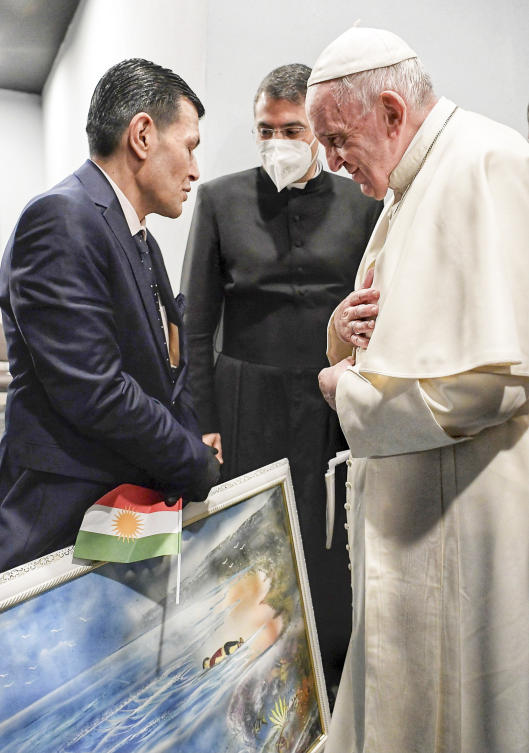AMMAN: Despite improvements in the status of women in Jordan, more still needs to be done to address gender-based violence and increase women’s engagement in both society and the labor market, according to rights activists.
In remarks to Arab News on the occasion of International Women’s Day, women’s rights activists argued that Jordan has achieved “considerable” progress over the past 20 years in combating discrimination against women by revisiting laws and taking on the “social taboos” that keep Jordanian women out of the workforce.
They explained that these changes were the result of changes in society, underlining the need for more efforts at the institutional level toward improving gender equality and women’s empowerment.
Rana Husseini, a renowned women’s rights activist, said: “With regard to the achievements of the women’s rights movement, I would say that one of the most important accomplishments was the appointment of women in decision-making positions such as ministers, criminal prosecutors, ambassadors and judges. Now, you see women almost everywhere. This is a sign that society is more open now toward accepting and wanting women to be in positions of leadership.”
Despite changes to social structures and improvements in women’s rights in Jordan, the award-winning journalist said there are still problems related to women’s labor force participation and their employment status, citing the high unemployment rates among females.
According to official estimates, Jordan’s unemployment rate in the third quarter of 2020 stood at 23.9 percent, up 4.8 percent compared with the same period of 2019. The rate of unemployed males who hold a bachelor’s degree and higher reached 25.2 percent, while the percentage of unemployed females who hold at least the same degree increased to 77 percent.
“Despite efforts, economic participation among women is still weak,” Husseini said, adding that there were still many jobs occupied exclusively by men.
“There is still discrimination in the workplace. Job owners prefer to hire men to get around issues related to maternity leave and childcare.”
Honor crimes
On average, 10 to 15 women are killed annually in Jordan in the name of honor, Husseini said.
Husseini, who authored the hard-hitting book, “Murder in the Name of Honor,” explained that the figure has seen a “significant drop.”
“The number of the so-called ‘honor crimes’ reported in Jordan during the 1980s and 1990s was between 20 to 25, sometimes reaching 30 every year. Now, after all the work that has been done by activists, awareness campaigns, the government and all those involved in the fight, the number has dropped to 10 to 15 cases.”
She explained that Jordan has amended laws related to violence against women, toughening penalties and thus reducing honor crimes.
“There have also been changes to some important clauses pertaining to violence against women, such as articles 98 and 308 of the penal code. Article 308 used to allow a person who sexually assaults a woman to escape punishment if he married the victim. Now, this is no longer the case. The other change is that perpetrators of so-called ‘honor crimes’ are not receiving lenient sentences as they used to in the past. Now, the criminal courts and justice system are really treating violence against women and children very seriously, and they are bringing cases to court with strong evidence to implicate the defendants.”
Husseini explained that Jordanian laws no longer allow a lenient sentence for perpetrators of honor crimes.
“But we still have a problem with the waiving of rights that families can exercise while at court to reduce the sentence.
“Violence against women is not a phenomenon specific to Jordan or the Middle East region but one that is found all over the world. The difference in our region is that women are killed by their families and relatives,” Husseini added.
COVID-19 pandemic
Jordanian women’s rights leaders said that the coronavirus disease (COVID-19) pandemic has exacerbated women’s troubles, worsening women’s economic participation and increasing gender-based violence.
According to the Sisterhood is Global Initiative (SIGI), an independent organization seeking women’s advancement and empowerment through a range of education and advocacy programs, many women have lost their jobs as a result of the pandemic and have been subject to domestic violence.
“The outbreak has proved the centrality of women in the society. The burdens of Jordanian women, especially those on the front lines, have increased during the pandemic, with many of them losing their jobs and suffering various forms of violence from their husbands, fathers and brothers. They have remained silent, in part to protect their families and children but also out of their deep belief that the current circumstances are exceptional and full of economic and social challenges,” SIGI said in a recent report.
Husseini said that lockdowns and curfews have been hindering NGOs and protection teams from performing regular check-up visits to vulnerable families and centers for victims of domestic violence and “family honor.”
Since the outbreak of COVID-19, UN Women said that emerging data and reports from those on the front lines have shown that all forms of violence against women and girls, particularly domestic violence, have intensified.
A recent study by the Economic and Social Commission for Western Asia concluded that the pandemic is expected to result in the loss of 1.7 million jobs in the Middle East region, including approximately 700,000 jobs held by women.






